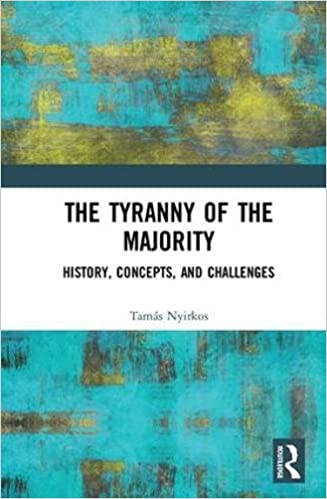

Most ebook files are in PDF format, so you can easily read them using various software such as Foxit Reader or directly on the Google Chrome browser.
Some ebook files are released by publishers in other formats such as .awz, .mobi, .epub, .fb2, etc. You may need to install specific software to read these formats on mobile/PC, such as Calibre.
Please read the tutorial at this link: https://ebookbell.com/faq
We offer FREE conversion to the popular formats you request; however, this may take some time. Therefore, right after payment, please email us, and we will try to provide the service as quickly as possible.
For some exceptional file formats or broken links (if any), please refrain from opening any disputes. Instead, email us first, and we will try to assist within a maximum of 6 hours.
EbookBell Team

4.3
8 reviewsTamás Nyirkos provides a timely and essential reassessment of the concept of the "tyranny of the majority" for the study of democracy today. The analysis is divided into three parts: the first discusses the "prehistory" of majority tyranny; the second reviews the elements of the "standard theory" in the modern era; while the third deals with the current "postmodern" challenges to the prevailing order of liberal democracy.
Combining different elements of theories dating from the Middle Ages to the present, Nyirkos theorizes that while the term "the tyranny of the majority" may be misleading, the threat that tyrannical governments justify themselves by reference to the majority will remain with us for the foreseeable future. He shows how some of the greatest political philosophers of the past – democrats and antidemocrats alike – shared the same fears about the majoritarian principle.
The Tyranny of the Majority will offer all those who read it a better understanding of what is meant not only by this term, but also by related terms like democratic despotism, populism, or illiberal democracy. It will be of interest to scholars of politics and international relations, political philosophy, political theology, and intellectual history.